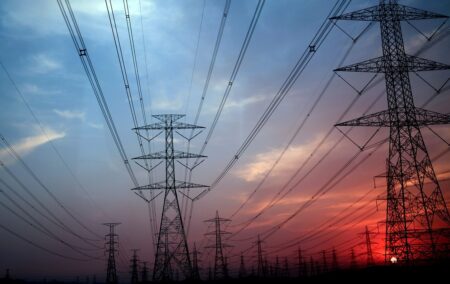Adopting a no-holds-barred approach to ending load-shedding and ensuring South Africans have access to cheap, reliable electricity is the thrust of the ninth and final #WhatSACanBe paper by the Institute of Race Relations (IRR), on practical steps the government can take to turn South Africa around.
In a statement, the IRR notes that, on 5 July, Eskom marked one hundred days without load-shedding, attributing this to the “enhanced reliability and performance” of its generation fleet.
“South Africans are reaping the benefits of uninterrupted electricity. The GNU should build on this success by removing bureaucratic hurdles, such as race-based procurement regulations, that make it more expensive to generate power.”
The final #WhatSACanBe paper, Energy: Fix Delivery, Boost Jobs, proposes that the GNU ramps up private power production to supplement generation capacity and allow Independent Power Producers (IPPs) to sell electricity to the grid.
Says IRR researcher Chris Patterson: “Successive administrations have tried to take on Eskom’s problems, yet none have had the political will to solve its deep-seated issues. The GNU needs to be bold: Privatise Eskom’s generation division and allow IPPs to partner in improving its transmission and distribution divisions.”
Ordinary South Africans, businesses, entrepreneurs, and the government all have a vested interest in ensuring a reliable electricity supply. And IRR polling shows electricity and load-shedding are South Africa’s fourth ‘most pressing problem’ that should be prioritised by the government.
“A growing economy needs reliable, affordable electricity to operate efficiently. After nearly 20 years of insufficient investment in new, reliable energy infrastructure, the GNU must make cheaper electricity a reality for all South Africans by implementing the #WhatSACanBe solution,” Patterson concludes.
The report can be read here.

